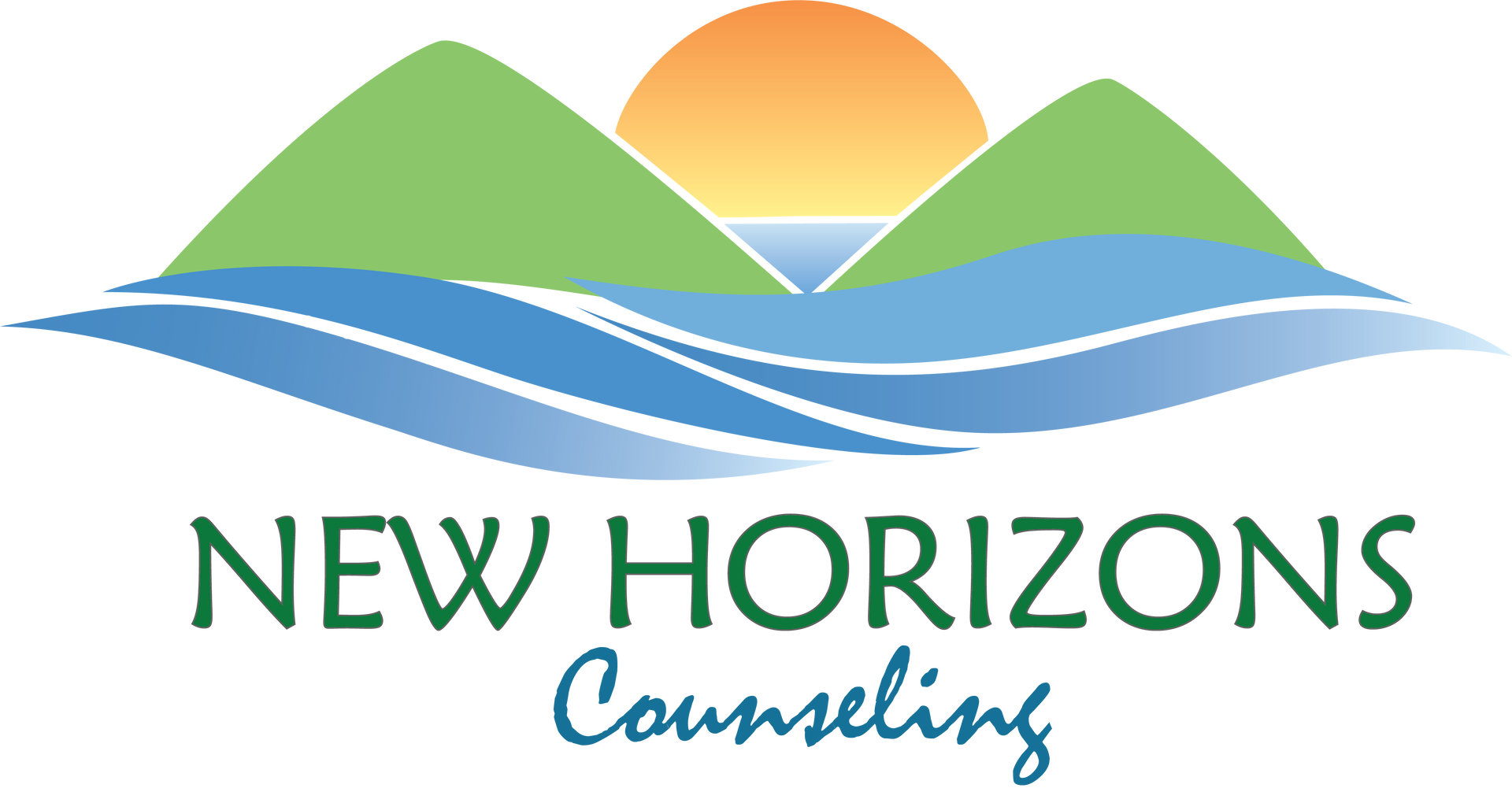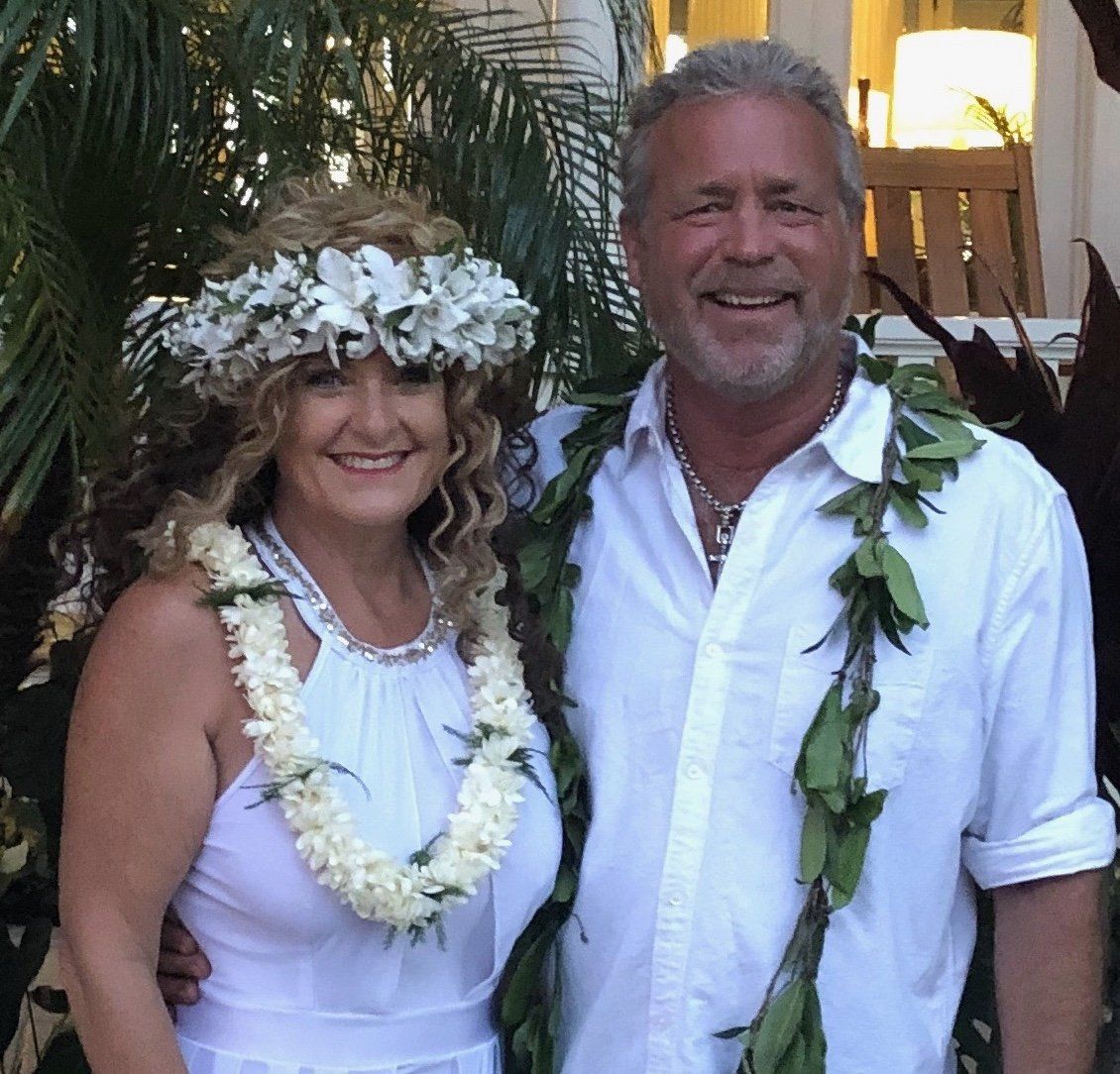Addiction Treatment Programs: Help is on the Horizon
Looking for Addiction Treatment but not sure which program is right for you?
1. Intensive Outpatient Programs (IOP)
What it is: Structured sessions several days a week while clients live at home and maintain responsibilities.
New Horizons Counseling in Haleiwa, Hawaii offers this service and is accepting new clients.
Evidence:
A 2025 industry overview found mindfulness-integrated IOPs notably improve outcomes. Over 54 million Americans need SUD treatment annually, yet only ~23% access it. IOPs strike a balance between structure and real-world application.
Pros/Cons: Less disruption to life, cost-effective; but requires strong motivation and home support.
2. Residential/Inpatient Treatment
What it is: Live-in care offering medically supervised detox, around-the-clock therapy, group sessions, and life skills training.
Evidence: Cochrane-style analyses show inpatient care offers no significant advantage over outpatient day programs for long-term alcohol rehab, except in select cases.
Pros/Cons: Removes individuals from risky environments—but may not teach coping in daily life; significantly more expensive.
3. Medication-Assisted Treatment (MAT)
What it is: Use of medications such as methadone, buprenorphine (for opioids), or naltrexone (for alcohol) alongside therapy and support.
Evidence: MAT cuts mortality in opioid use disorder by ~50% or more. Peer insights confirm MAT's high long‑term success compared to other approaches.
Pros/Cons:
Highly effective for opioids/alcohol, reduces cravings and overdose risk; but stigma and limited access persist.
4. 12‑Step & Twelve-Step Facilitation (TSF)
What it is:
Peer-support programs (AA/NA) or professional therapy designed to prepare participants for 12-step groups. New Horizons does not emphasize these but maintains alignment with CBT.
Evidence: A 2020 Cochrane review found that AA/TSF leads to abstinence rates 20–60% higher than alternatives, as well as reduced healthcare use. However, results vary and are debated.
Pros/Cons: Widely available and low-cost; offers peer accountability. But group culture, spirituality focus, and high attrition may not suit everyone.
5. Community Reinforcement & Behavioral Therapies (CRA, CBT, DBT, MORE)
What it is:
- CBT/DBT: individual and group therapy to reshape thought patterns and emotions. New Horizons Counseling in Haleiwa, Hawaii offers this service and is accepting new clients.
- CRA: Restructures lifestyle to reinforce sobriety via community and family support.
- MORE: Combines mindfulness with cognitive reappraisal; RCTs show it reduces opioid misuse and craving by ~45%, especially alongside methadone.
Evidence: - CBT: strong evidence; meta-analysis shows medium–large effect sizes at 6–9 months (g ≈ 0.74).
- DBT: up to 40% reduction in emotional dysregulation and 35% decreased relapse risk.
- CRA: One study reported 97% abstinent days at six months, versus 74% with CRA+TSF and 45% with TSF alone.
- MORE: Multiple RCTs—including a 2022 JAMA trial—demonstrate significant benefits in reducing opioid misuse, chronic pain, and cravings.











